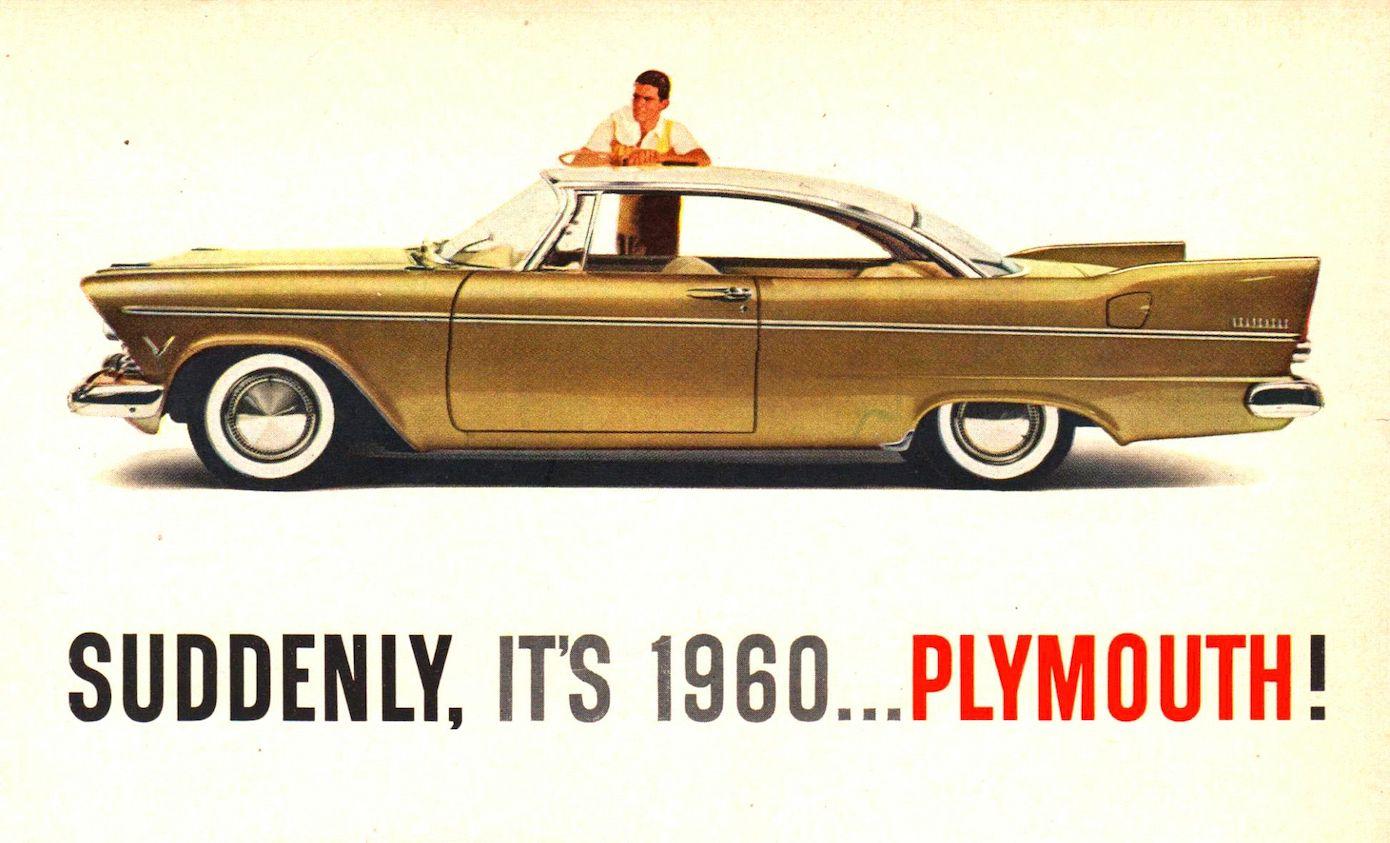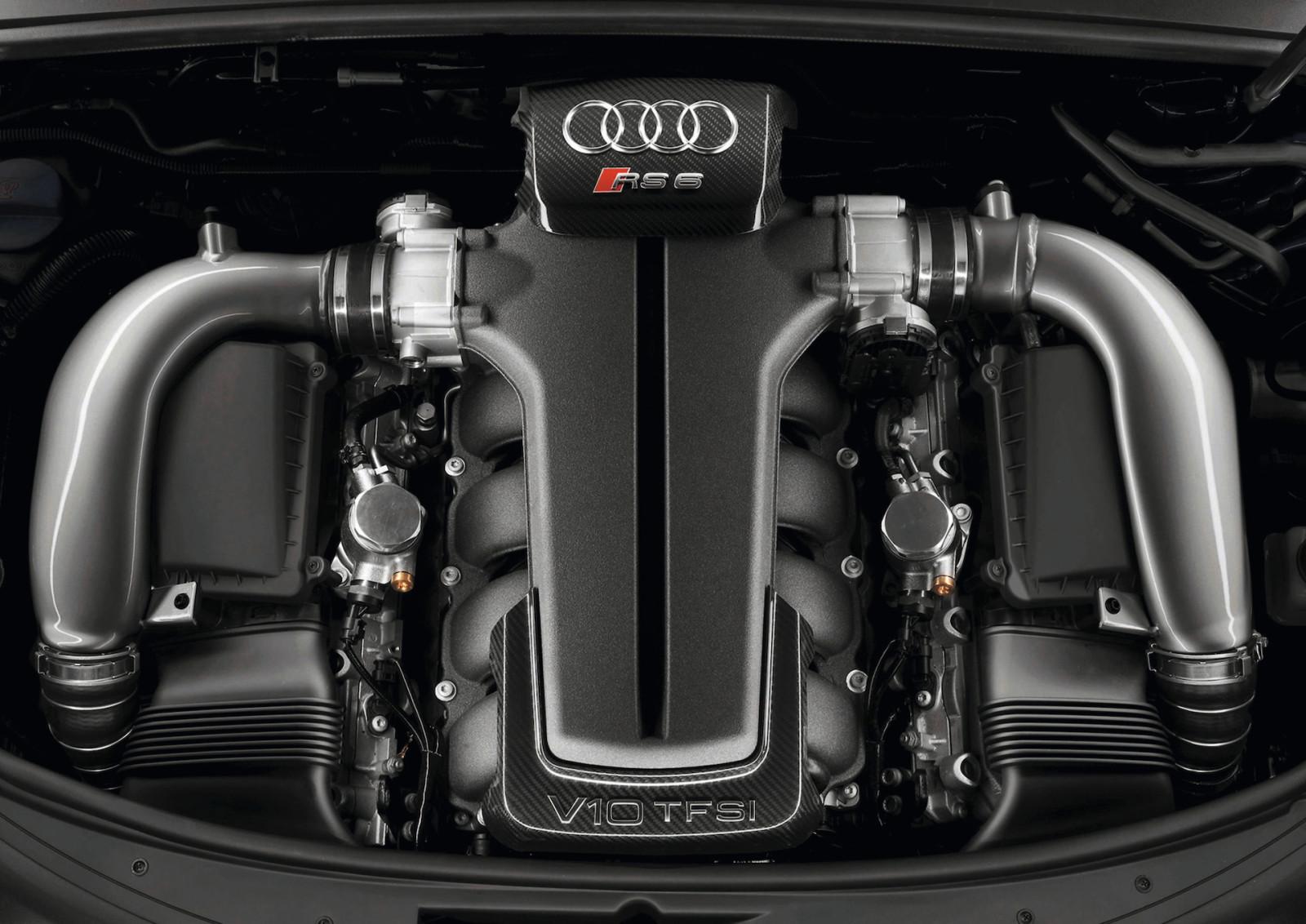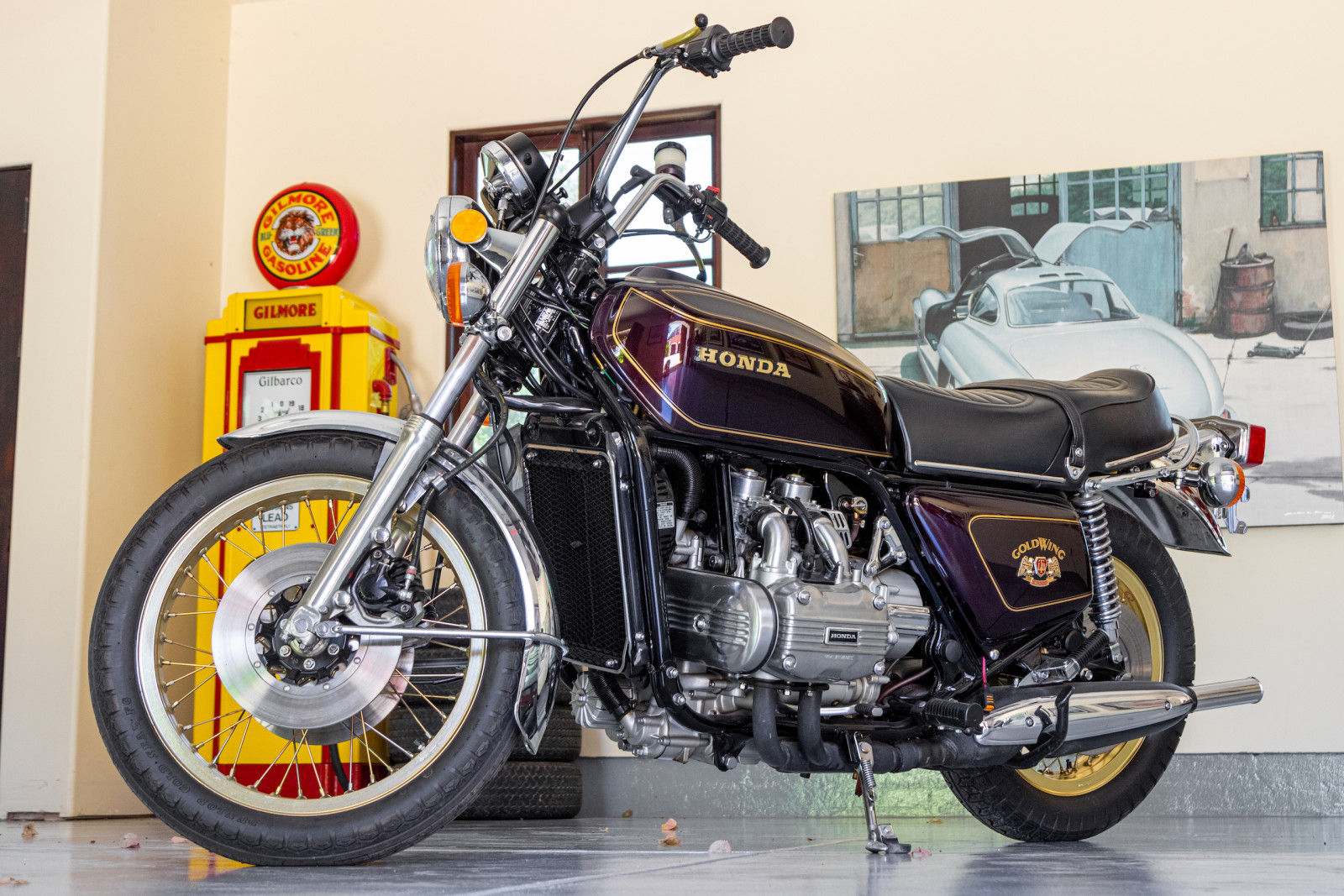You had the “for sale” in the window, you had the ad all written and ready to go up, but then suddenly you were faced with selling a car during a pandemic. Time to put your grand plans on hold? Not necessarily.
Although the delivery or pickup logistics are a challenge, on your side is the fact that there is a lot of pent-up demand for cars, and with plants idle, a lot of consumers are considering buying used—or are thinking about finally acquiring the classics they’ve had the time to look at online. They’re ready to push the button on a sale, if it can be arranged safely.
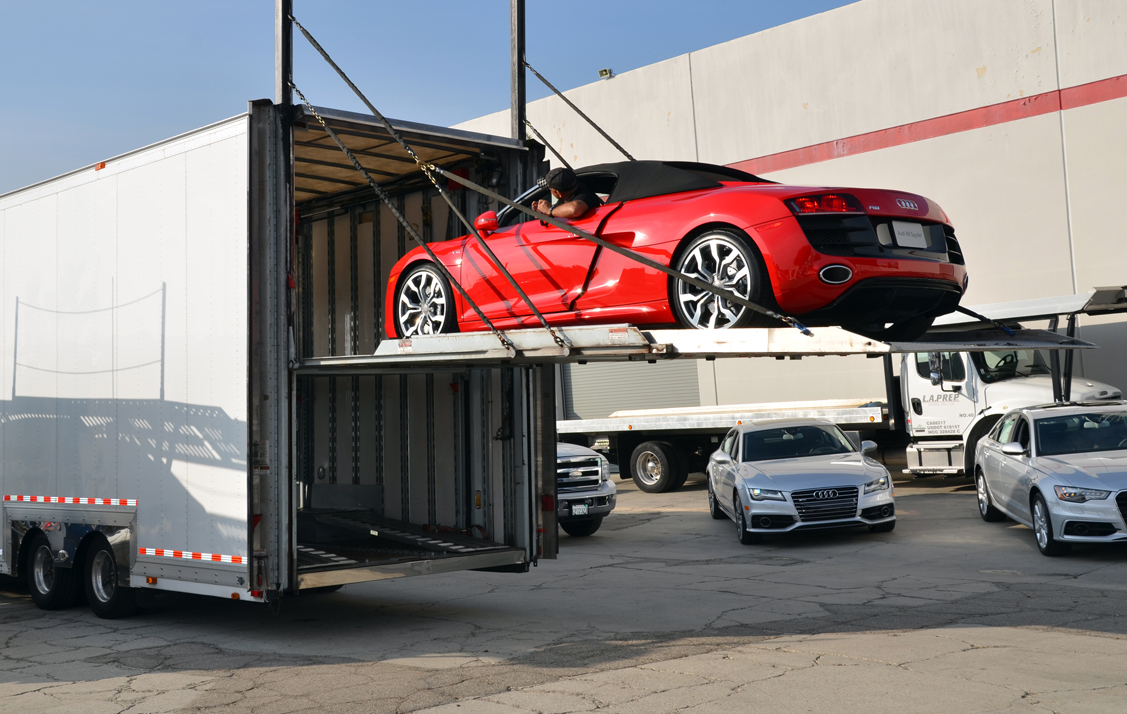
Let’s be clear: These are not normal times. You’re selling a car during a pandemic, with all the attendant challenges. People are sheltering, safe in their cocoons, and they’re afraid that the car you want to sell them is a cesspool of contamination. So reassurance is the order of the day.
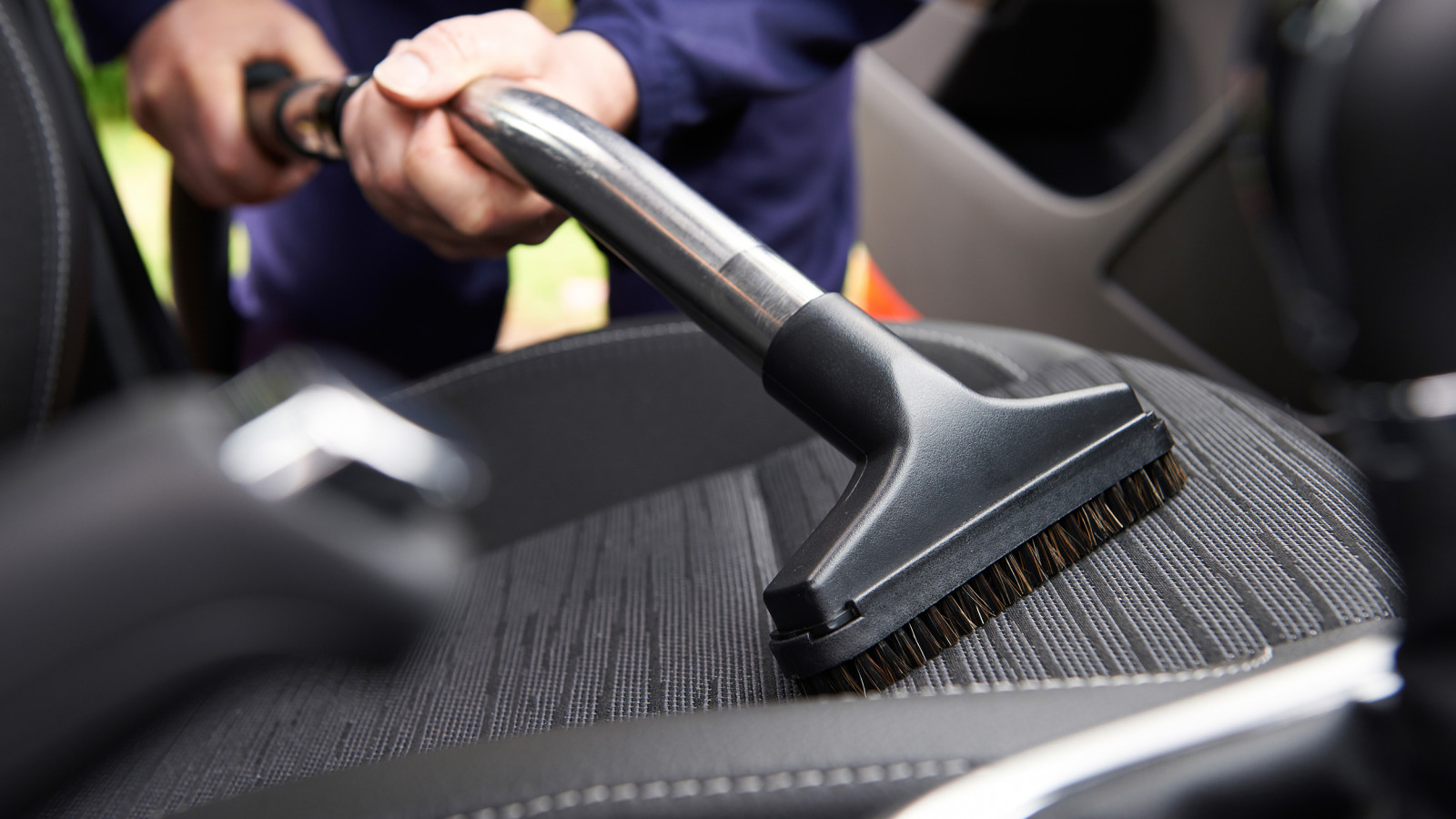
A Few Essential Points
Clean, Clean, Clean. Acknowledge the pandemic upfront. Emphasize, both in your copy and through the accompanying photographs, that your car has been thoroughly disinfected. Be specific about the products you used—disinfectants and wipes—and the areas you sanitized (or will sanitize) before delivery. Give a clear picture of who’s had access to the car in recent days. Don’t minimize exposure concerns.
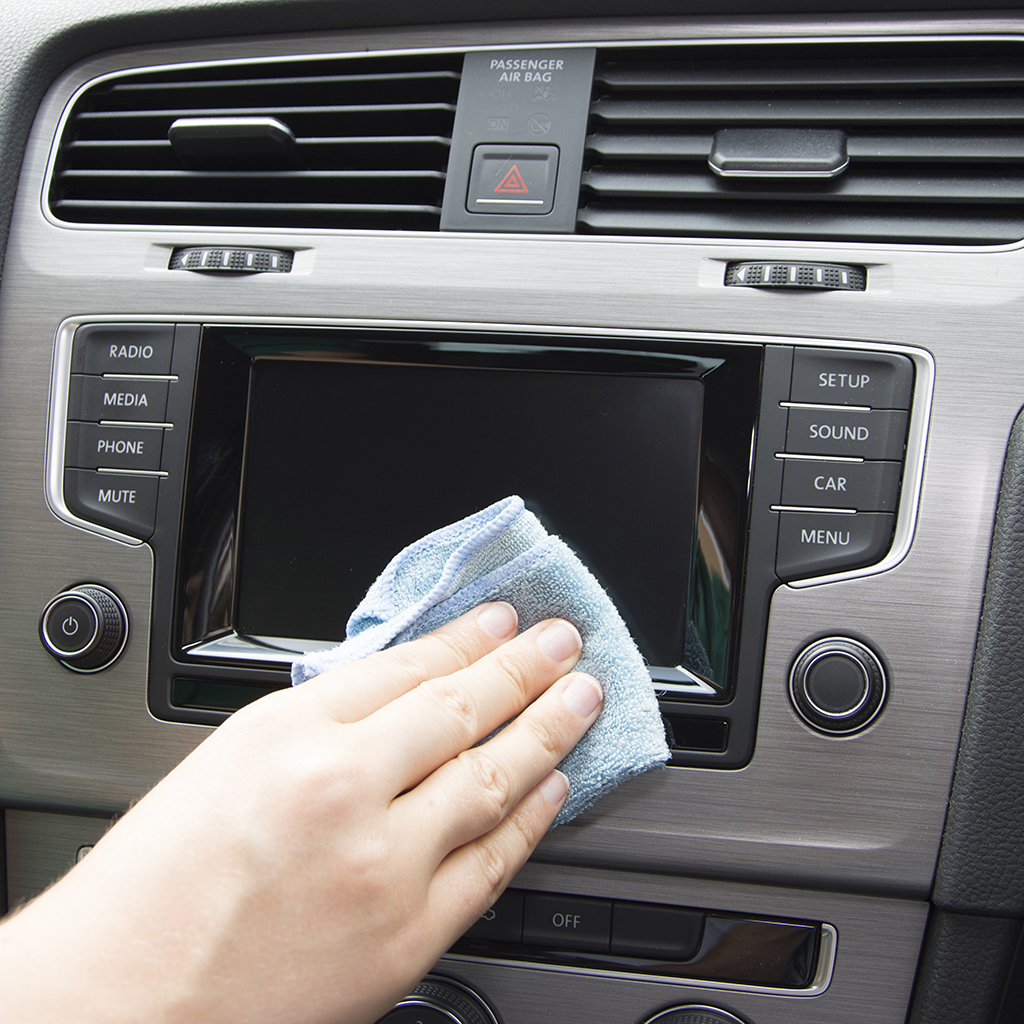
Arrange an Easy Pickup. Be specific, within reason, about the health of anyone who came into contact with the vehicle. Offer to drive the car to your buyer, or halfway there, with a thorough cleaning before the keys (also cleaned) are handed over. Meet somewhere public where social distancing is easy. Use PayPal to accept payment, or have the buyer bring a certified check. Don’t insist on cash. Cash is dirty, and you don’t know where it’s been.
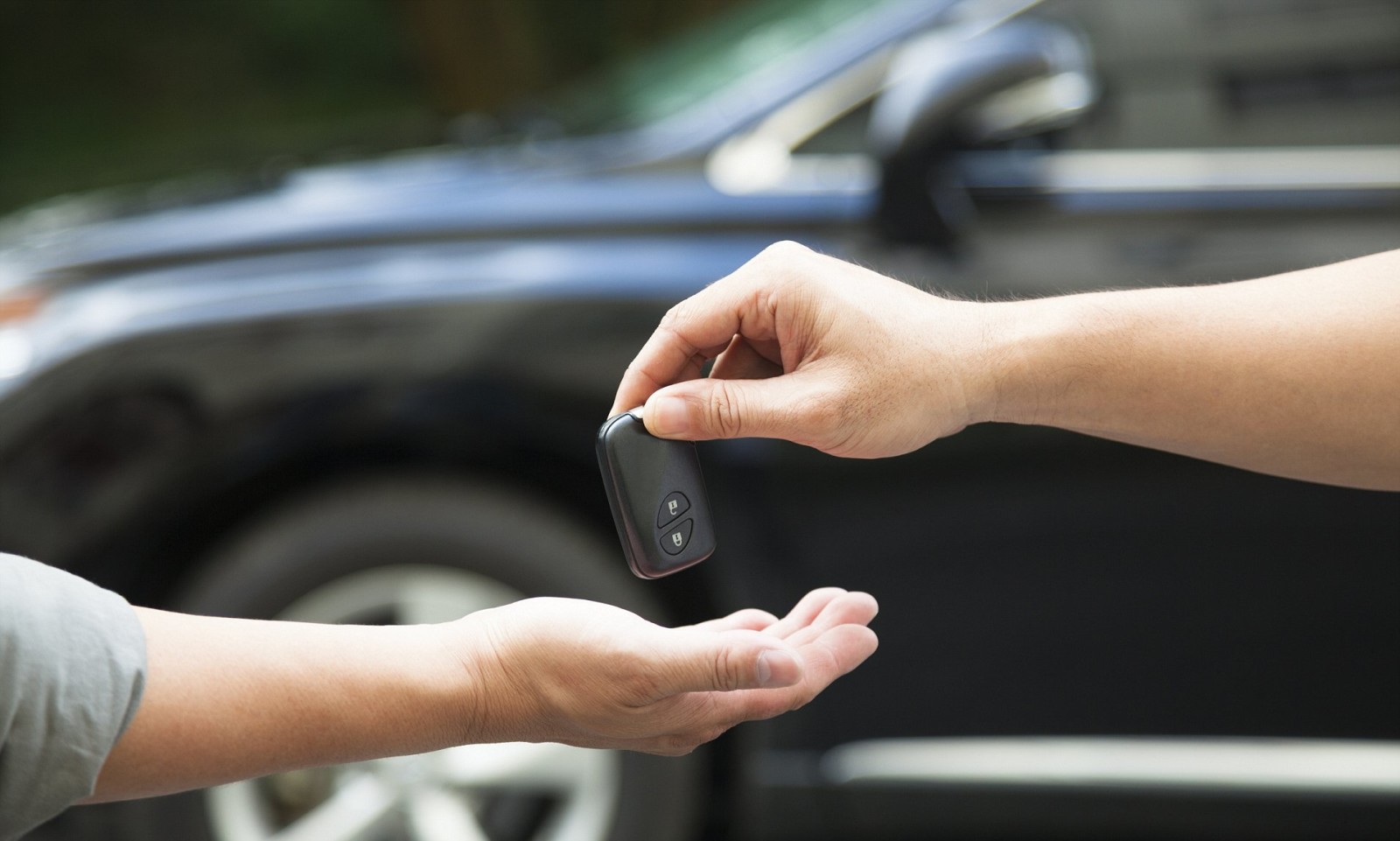
Minimize Problems. People have enough worries right now, so try to make your car as turnkey as possible. If that means fixing some minor problems—a window that won’t go down, a trim strip that needs to be attached, a key that has to be wiggled—it’s a small price to pay.
Maximize Documentation. People who don’t even bother trying to replace missing titles are leaving money on the table. Get a Carfax report or the equivalent. If you can trace your car to prior owners, do that. Take bright, clear photographs, and more of them than you think you need, showing every angle of the exterior, interior, engine, and trunk (if applicable). Photos from previous owners are a good idea, too.
Don’t be Desperate. Yes, prices are slightly depressed right now, but surprisingly not as much as you might think. Don’t you have stories about cars you practically gave away? I do, too. No-reserve sales aren’t always your friend. If you’re not convinced the collector car market is back, take a deep breath and store your vehicle away for another month.
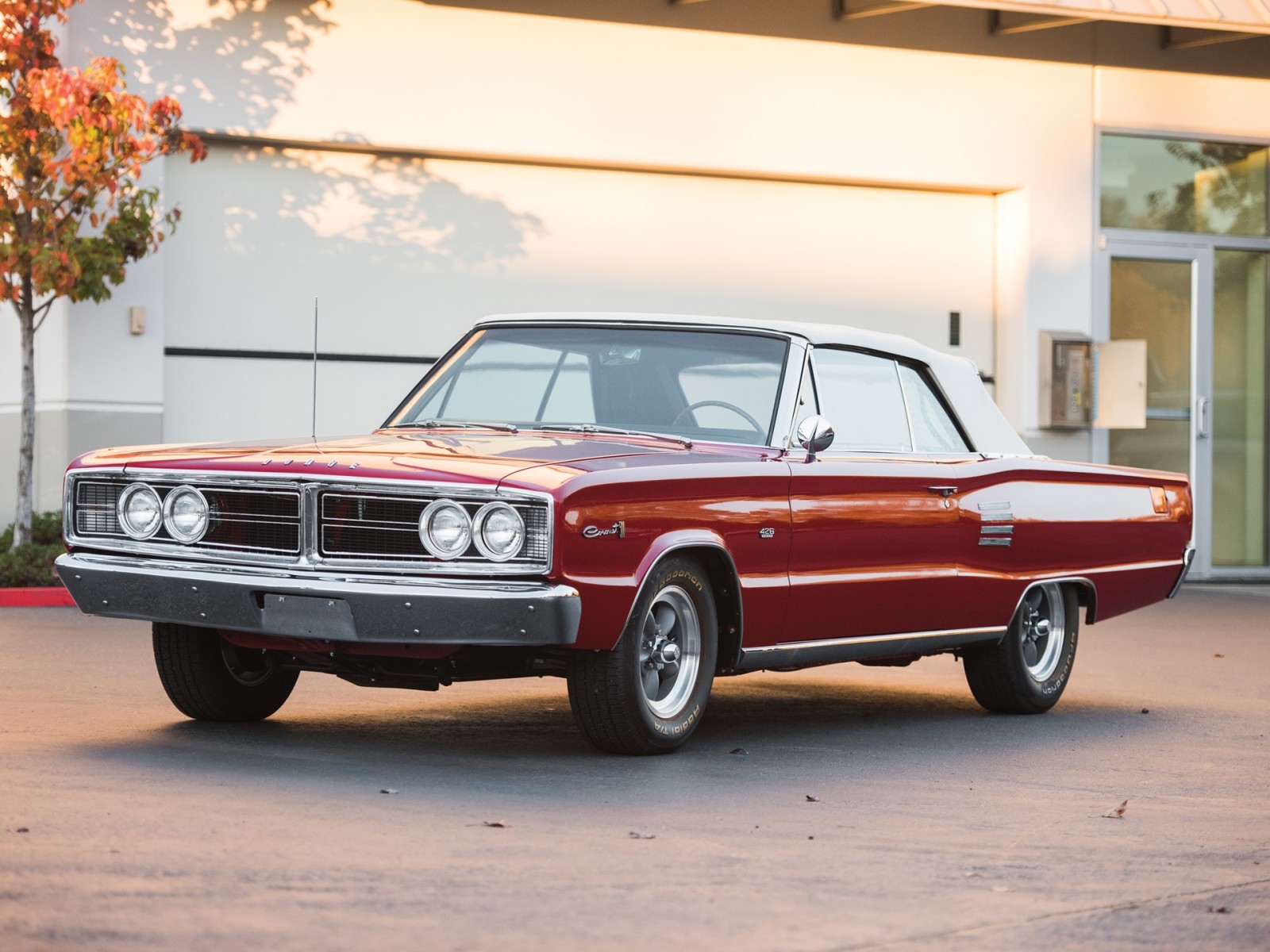
Selling Your Car Online
Though it’s tempting to just trade in your old car when you buy a new one—letting the dealer handle the paperwork and the special challenges of physical transfer—that’s probably not the way to maximize your return from the car. Most dealers aren’t equipped to give you fair market value for classics (which they’ll probably sell at specialist auctions), and in this buyer’s market many of the trade-in dollars are probably on the table even without your old vehicle.
Online auctions are probably the best way to sell your collector car in this particular historical moment. If you do take that route, all of the above points are very much in place. Your buyer may be in another part of the country. They’re going to arrange to have your car picked up (unless they decide to drive it home, which is more challenging these days) and they’ll want to know they’re not buying a case of coronavirus.
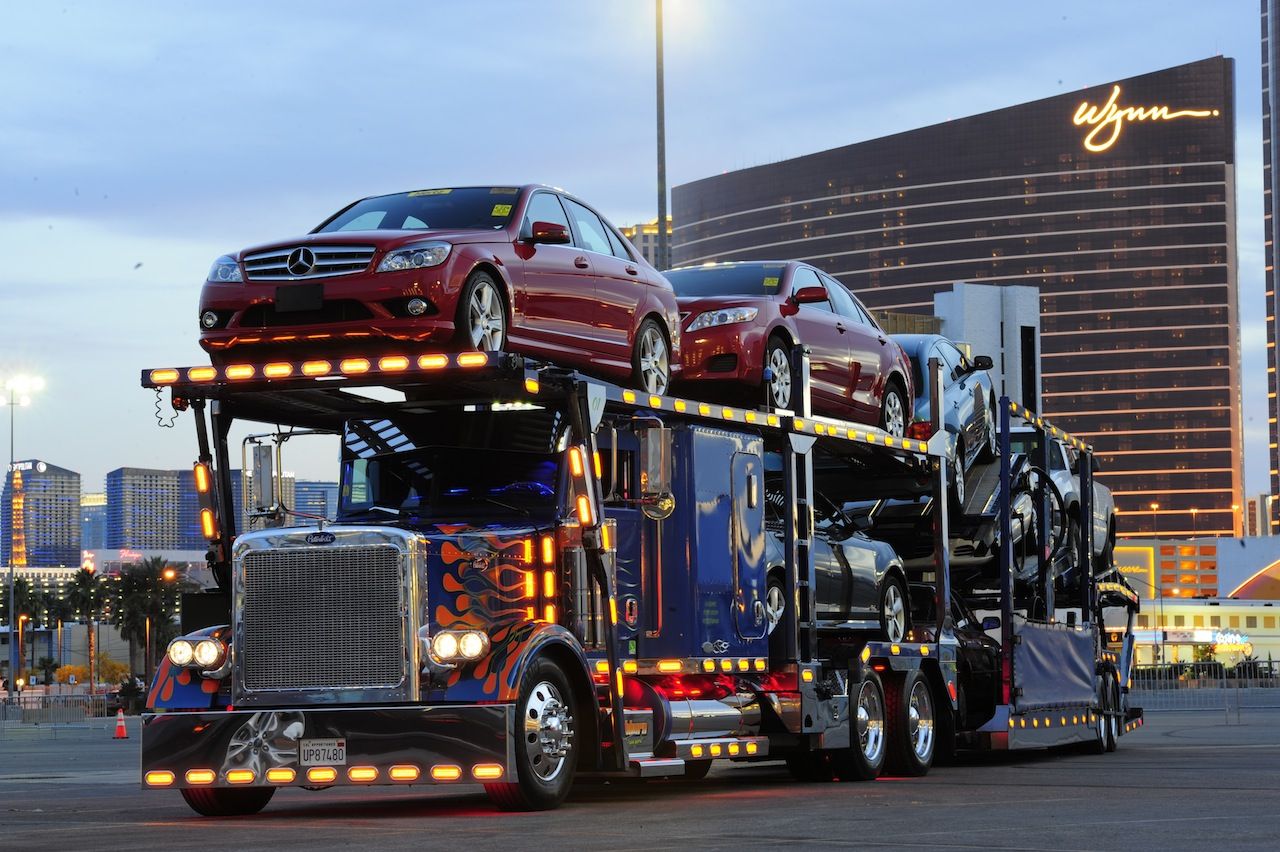
With an online auction, virtually the entire process can be accomplished in front of a home computer, which is where most people are these days. These online auctions also maximize returns for the seller, because they put the car for sale in front of national and even international audiences of self-selecting enthusiasts.
RM Sotheby’s was set to hold a gala collector car auction March 20–21 in Palm Beach, Florida, but after it was derailed by coronavirus outbreak, the sale went online—and did very well indeed, proving that even very high end classic cars can be sold sight-unseen. Almost 70% of the lots were sold, bringing in $13.7 million. Leading the sale was a 1996 Porsche 911 GT2 that went for $891,000 and a 2019 McLaren Senna that brought in $847,000. Peeling back some of the figures though, a substantial number of cars were withdrawn.
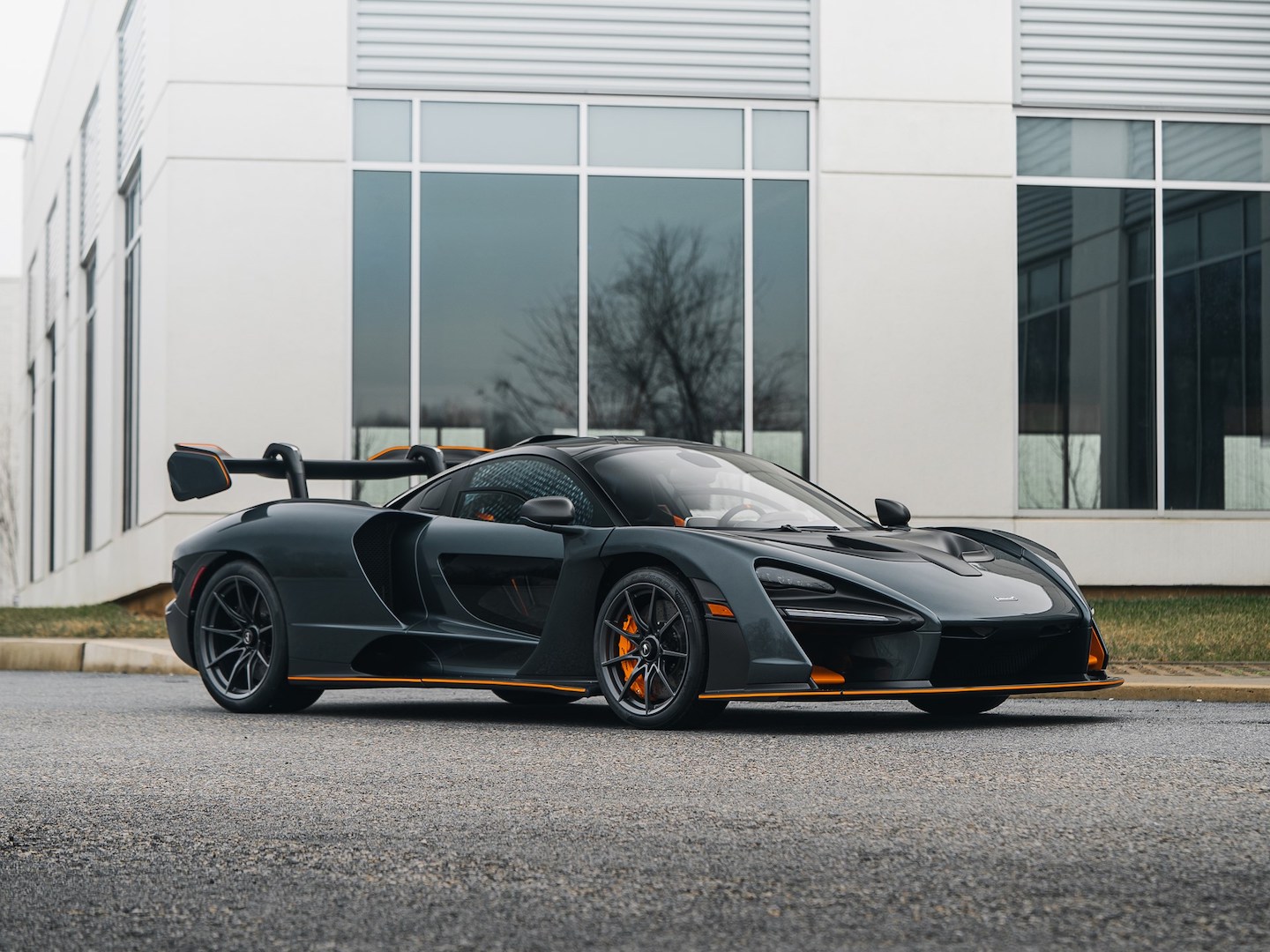
So selling a car during a pandemic requires learning some new rules. But judging from some of the recent online auction sales, buyers who approach the transaction with the right resources and a compelling car are going to do just fine. Remember, there’s a huge audience of people with access to the Internet and time on their hands—plus a lot of pent-up demand for buying a collector car.
Photos via RM Sotheby's.
Powered by Froala Editor
